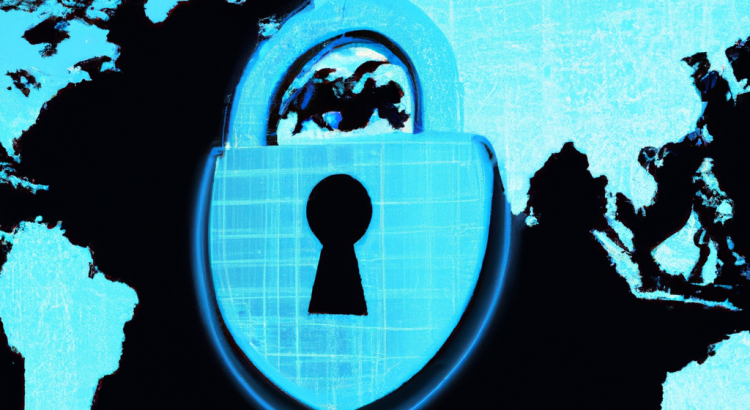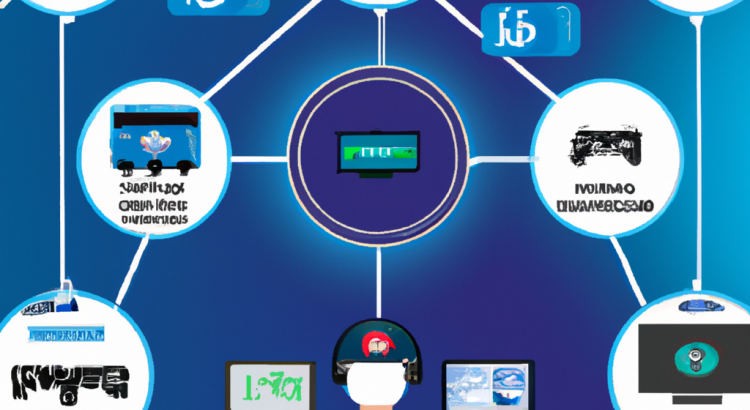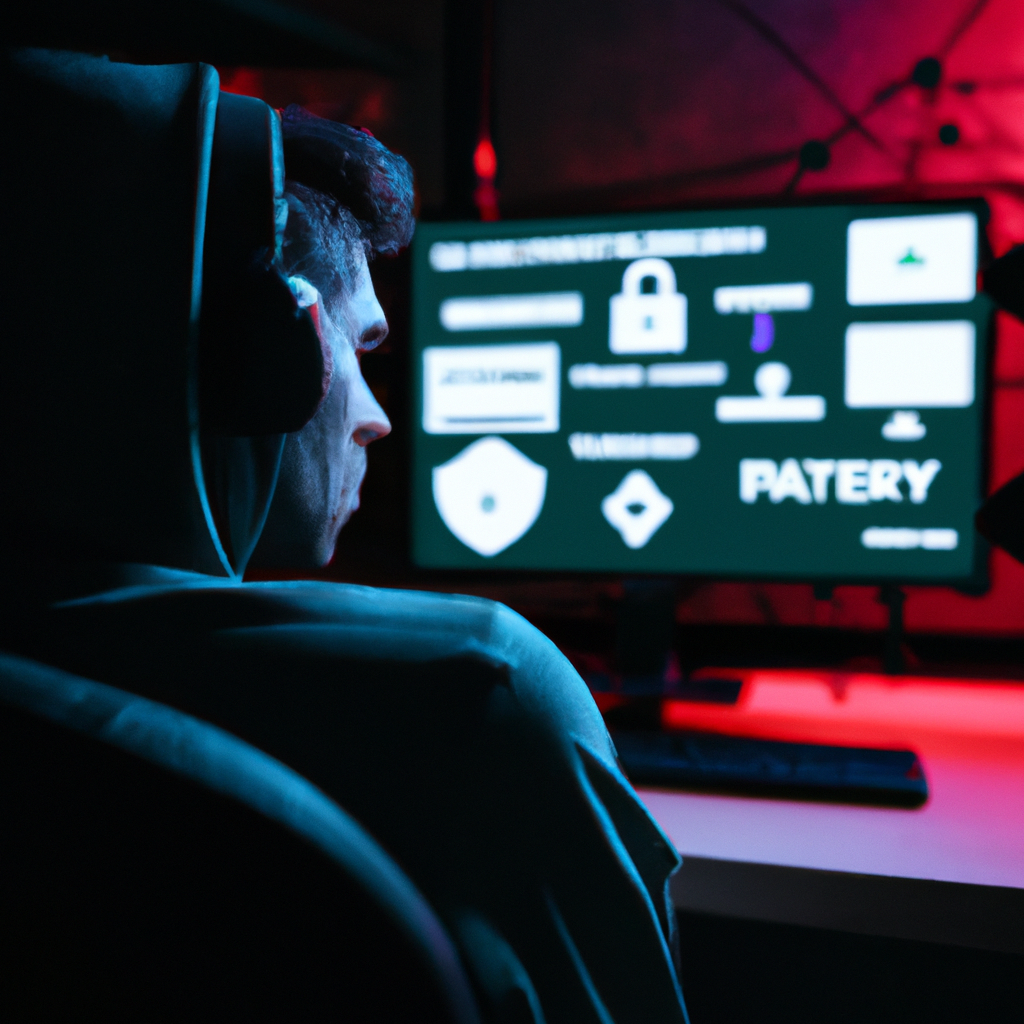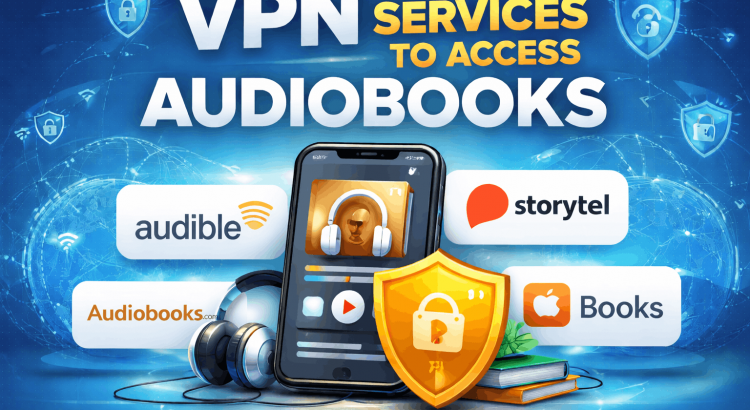The smart home revolution has reached one of the most personal parts of our daily lives: the bedroom. Smart mattresses that track sleep cycles, pillows that monitor breathing patterns, and sleep apps that analyze movement and snoring are becoming increasingly common. These technologies promise better rest and deeper health insights—but they also introduce new privacy and security concerns.
As more households adopt smart bedrooms, a critical question arises: How safe is the sensitive data that these devices collect, store, and share?
What Data Do Smart Bedroom Devices Collect?
Smart sleep products collect an impressive amount of biometric and behavioral information, often including:
- Heart rate & breathing rate
- Sleep stages (light, deep, REM)
- Movement patterns
- Snoring or audio recordings
- Bed occupancy and partner movement
- Temperature and humidity preferences
- Lifestyle habits inferred from sleep cycles
In some cases, this data is uploaded continuously to cloud servers, analyzed by third-party algorithms, or shared with partner companies.
While this information can help users optimize their sleep, it can also reveal incredibly intimate details—making smart bedrooms a unique privacy risk.
How Sensitive Is Sleep Data?
Sleep data may seem harmless on the surface, but it can be used to infer:
- Health conditions (sleep apnea, insomnia, anxiety)
- Substance use (alcohol, medication patterns)
- Relationship habits (bed occupancy patterns)
- Daily schedules (when you wake up or leave home)
- Stress levels
- Mental health indicators
This level of insight is often more personal than what a fitness tracker or smartphone collects. If mishandled or breached, such data could be used by:
- Advertisers for targeted marketing
- Insurance companies to adjust premiums
- Employers assessing wellness risk
- Hackers engaging in identity profiling
In the wrong hands, sleep data becomes deeply intrusive.
Potential Security Concerns in Smart Bedrooms
1. Weak Device Encryption
Many smart mattresses, pillows, and IoT hubs still rely on outdated encryption—or none at all.
This exposes data to:
- WiFi eavesdropping
- Local network attacks
- Man-in-the-middle exploits
2. Insecure Cloud Storage
Sleep data is often stored on third-party servers using proprietary data-handling policies. Misconfigurations or weak access controls may lead to leaks.
3. Third-Party Data Sharing
Some companies share anonymised or semi-anonymised data with analytics partners, advertisers, or health-related third parties.
“Anonymised” data can often be re-identified.
4. Cross-Device Tracking
Sleep apps linked with smartphones, smartwatches, or voice assistants can combine data to build even more detailed user profiles.
5. Lack of Transparency
Users rarely know:
- What data is collected
- How long it is stored
- Whether it is sold
- Who it is shared with
Privacy policies are often vague—or change over time.
Comparing Security Approaches: Companies in the Sleep Tech Market
While not all companies disclose full security details, we can compare how several smart bedroom brands currently approach privacy and data handling. Use this for reference when assessing your own device choices.
1. Eight Sleep
- Encryption: Uses secure data transmission (AES-128 or better) in marketing material.
- Cloud Storage: Data stored on secure servers (as claimed).
- Third-Party Sharing: Allowed for analytics and service improvement.
- User Control: App allows basic privacy settings but limited data deletion options.
- Summary: A strong option among smart mattress brands, though like all IoT devices it still warrants scrutiny.
2. Sleep Number (360 Smart Bed)
- Encryption: Claims industry-standard encryption in device communications.
- Cloud Storage: Sleep data stored in user-linked accounts.
- Third-Party Sharing: Permitted for “research partners” per policy.
- User Control: Some transparency, but the privacy policy is complex and requires careful reading.
- Summary: A major brand offering smart features—with moderate transparency. Worth checking exactly what you opt in to.
3. Withings Sleep Tracking Mat
- Encryption: Strong TLS encryption for data transmission.
- Cloud Storage: Data stored in Withings cloud with reportedly robust protections.
- Third-Party Sharing: More limited than some consumer-oriented sleep apps—favouring health-oriented use.
- User Control: Users can export or delete collected data.
- Summary: Good choice for users who prioritise data privacy and health-first orientation.
4. Nectar
- Encryption / Smart Features: While Nectar is well-reviewed for comfort and value, I found no strong evidence of integrated sleep-tracking sensors or significant IoT data collection in their marketing.
- Cloud Storage / Data Sharing: Not a key element of their product lines (as of the latest published info).
- User Control: Standard mattress-in-a-box purchase model.
- Summary: If you’re primarily seeking a mattress without extensive digital tracking, Nectar remains a simpler choice with fewer IoT data risks—though you sacrifice smart-features.
5. SweetNight
- Encryption / Smart Features: SweetNight emphasizes cooling and comfort technology (e.g., their CoolNest system) rather than deep IoT tracking.
- Cloud Storage / Data Sharing: No prominent claim of sleep-tracking sensors or cloud-based biometric data sharing in publicly available material.
- User Control: Focused on comfort rather than data collection.
- Summary: Like Nectar, SweetNight may represent a lower-digital-footprint option—though you should verify the specifics if you connect any “smart” add-ons.
6. Tempur‑Pedic
- Encryption / Smart Features: Offers the Sleeptracker-AI® system built into smart beds/bases. The data is encrypted and transmitted to the Sleeptracker-AI® cloud.
- Cloud Storage / Data Sharing: The company has confirmed that data may be shared with “other companies, government authorities and law enforcement” under certain conditions.
- User Control: There are app settings and user accounts, but the potential scope of data-sharing is larger than many consumers expect.
- Summary: A feature-rich smart-bed option—but also one with one of the higher risk profiles in terms of data sharing and transparency.
Summary Table
| Brand | Smart-Tracking Depth | Encryption / Transmission | Data Sharing Risk | Best For |
|---|---|---|---|---|
| Eight Sleep | High | Strong (claimed) | Moderate | Advanced smart mattress users |
| Sleep Number | High | Strong (claimed) | Moderate | Smart bed feature seekers |
| Withings | Moderate | Strong (verified) | Lower | Health-oriented + privacy conscious |
| Nectar | Low | Basic | Low | Simpler mattress, fewer IoT risks |
| SweetNight | Low/Moderate (comfort tech) | Basic | Low | Budget-friendly, fewer digital features |
| Tempur-Pedic | High | Strong (claimed) | Higher | Smart bed enthusiasts (accepting risk) |
Note: The term “smart” here refers to IoT and biometric data collection capabilities beyond standard mattress comfort features. “Encryption / Transmission” and “Data Sharing Risk” are evaluated based on publicly available claims and disclosures.
How a VPN Can Protect Your Smart Bedroom Data
A Virtual Private Network (VPN) can significantly reduce the risk of your sensitive sleep data being intercepted or misused.
1. Encrypts All Data Leaving Your Home
Even if a device uses weak security, a VPN encrypts all traffic on your home network:
- Prevents local hackers
- Prevents Internet Service Providers from seeing your device metadata
- Prevents public WiFi snoopers from intercepting device communications
2. Hides Your IP Address
Your smart devices won’t broadcast where you live or what network you’re using—protecting against profiling and location-based tracking.
3. Protects Against Man-in-the-Middle Attacks
Since many IoT devices communicate via the Internet, a VPN’s encryption and tunneling makes it far harder for attackers to intercept data sent by smart mattresses or sleep apps.
4. Prevents Cross-Device Tracking
Many IoT manufacturers track users by combining device IDs and IP addresses. A VPN breaks this chain by masking your network identity and making correlation harder.
5. Secures Remote App Access
When controlling smart bedroom devices from outside your home (e.g., via mobile app on public WiFi), a VPN protects the connection—especially important when you’re on less-trusted networks.
Conclusion: Smart Bedrooms Need Smart Privacy Protection
Smart pillows, mattresses, and sleep apps provide amazing insights into our well-being—but the data they collect is among the most personal imaginable. Without proper protection, this information can be exposed, monetised, or misused.
By combining:
- Strong device-level security
- Thoughtful privacy settings
- Careful app permissions
- A trustworthy VPN service
Users can significantly reduce the risks associated with smart bedroom technologies.
A VPN encrypts your network traffic, hides your identity, and prevents unauthorized access—making it an essential layer of protection for anyone concerned about sensitive sleep data being shared online. CompareVpnServices showcases the best VPN services available online browse our website to find the best VPN fit for you.











